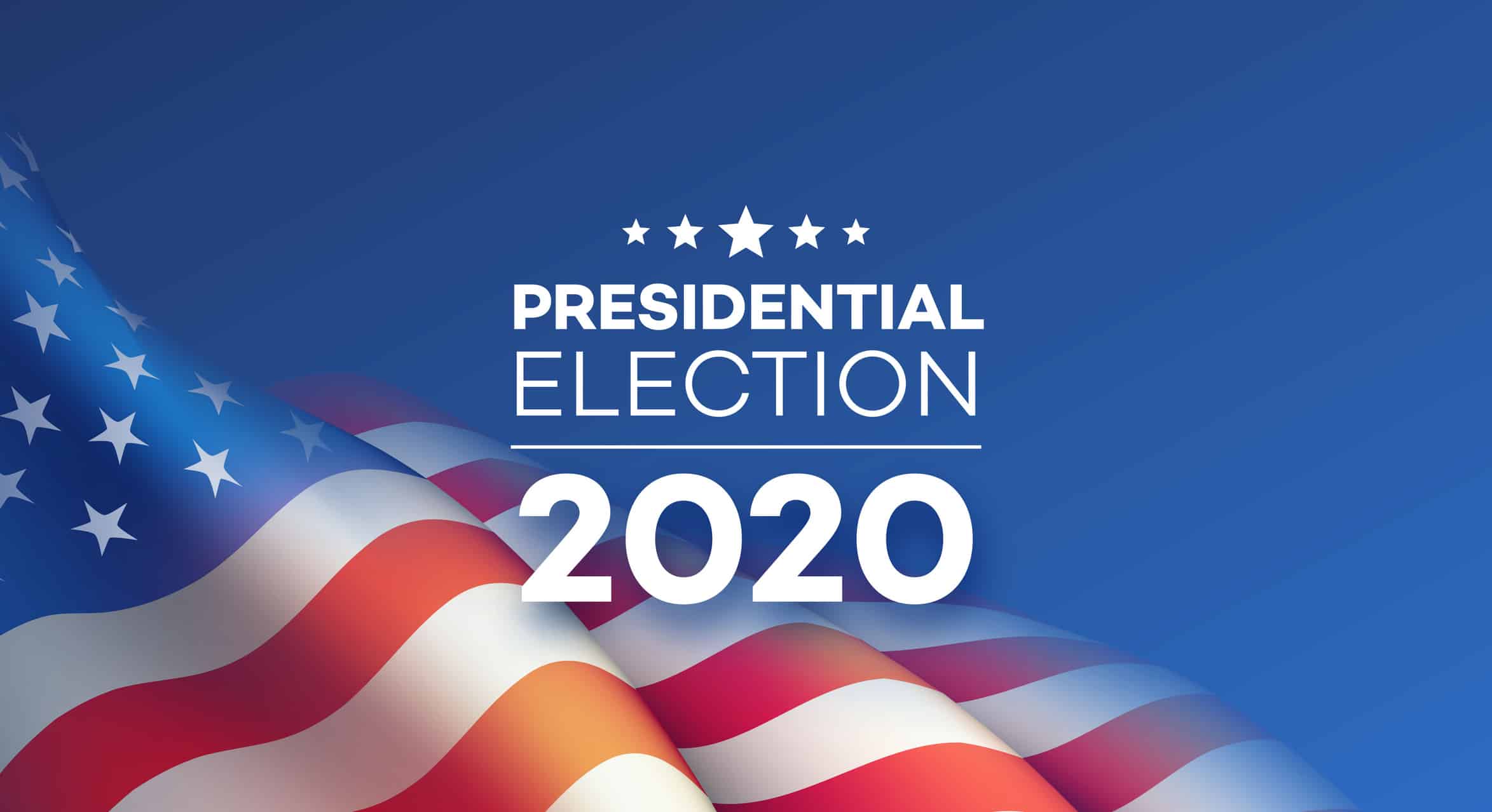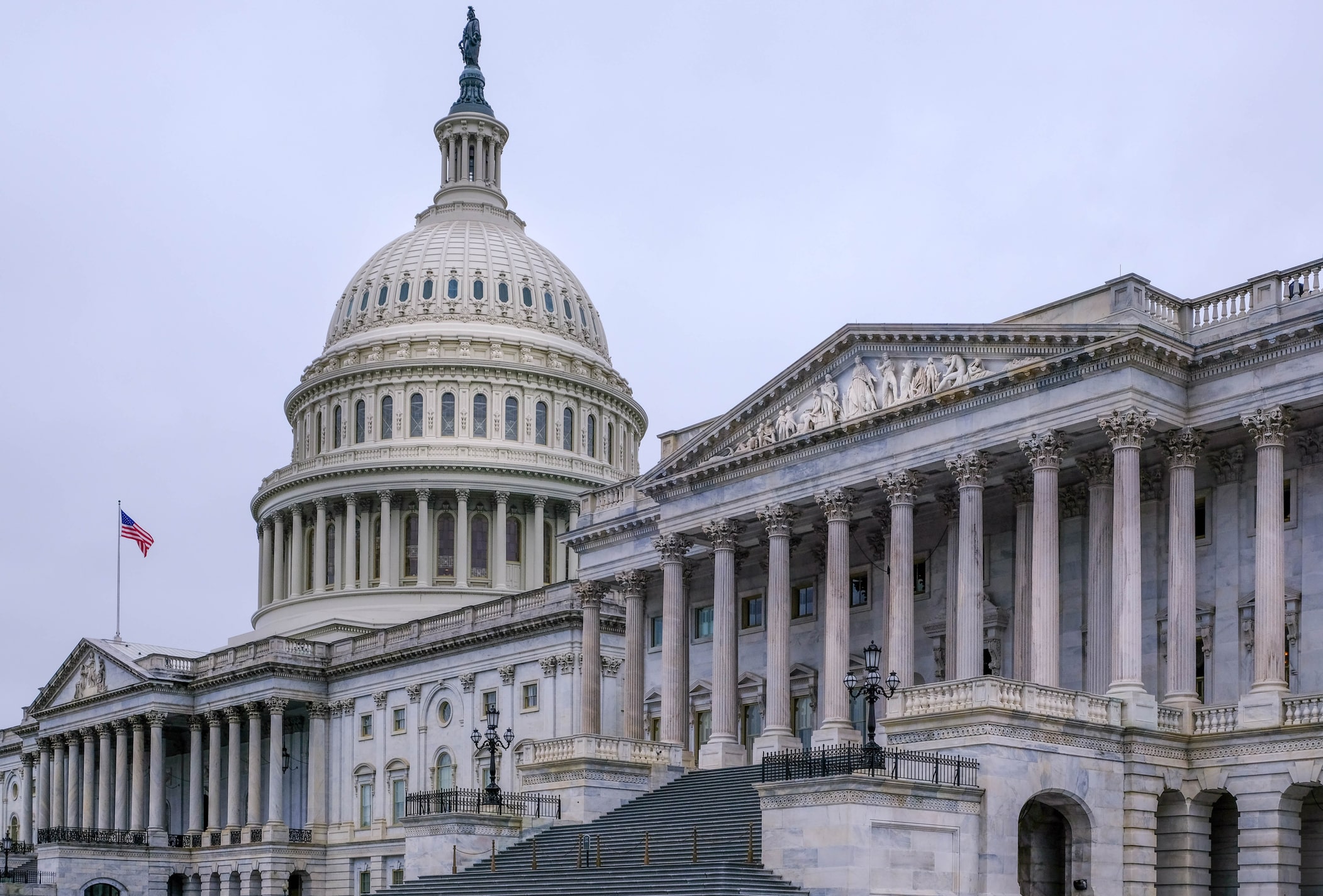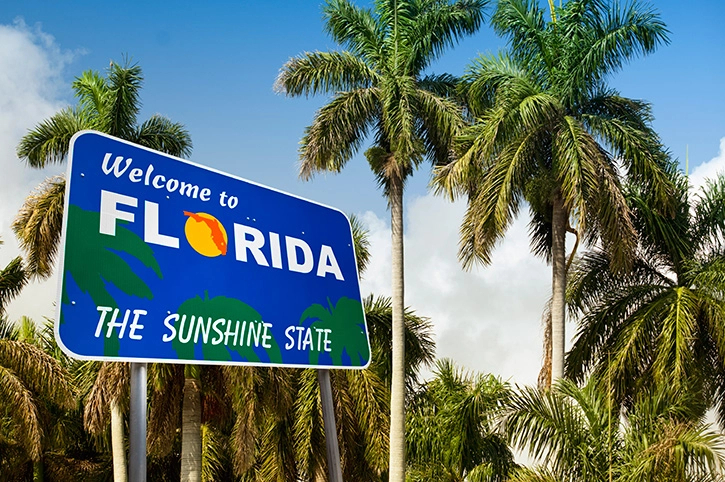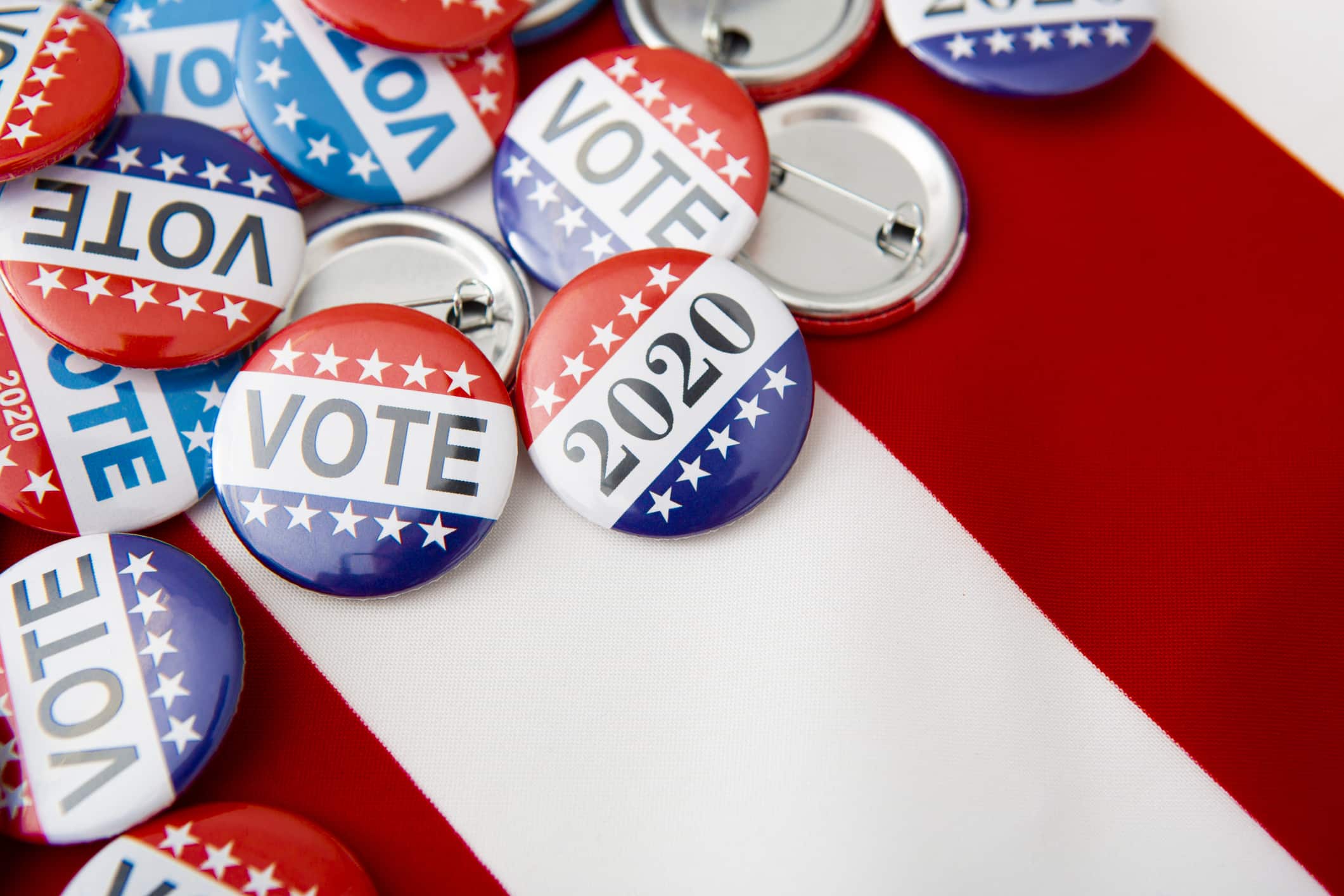The latest Emerson College/Nexstar poll of Florida likely Democratic Primary Voters finds former Vice President Joe Biden with 65%, followed by Senator Bernie Sanders with 27%, and former Rep. Tulsi Gabbard with 2%. Seven percent (7%) plan to vote for someone else.

Forty-nine percent (49%) of voters said they made up their mind about who to support over a month ago, 30% said they had decided in the last month, 14% decided sometime in the last week, 5% in the last three days, and 2% said they had decided just today. Among those who had decided in the last week, 73% support Biden and 17% support Sanders.
The majority of voters have their minds made up: 86% say they will definitely vote for the candidate they chose and 15% say there is a chance they could change their mind and vote for someone else.
When it comes to what is the most important issue in deciding for whom they will vote for President, a plurality of voters, 47%, agree that electing someone who can beat Trump is their top priority. Following that, 20% of voters say health care is their most important issue, and 10% say the economy.
The majority of Florida Democratic Primary Voters said that based on everything that they have seen, read, or heard about Coronavirus, they are concerned about contracting COVID-19. 31% said they are very concerned, 39% are somewhat concerned, 8% were unsure, 12% said they are somewhat concerned, and 10% are not concerned at all about contracting COVID-19.
Fifty-seven percent (57%) said that they think Coronavirus represents a serious threat in the United States, 40% said it represents one of many health threats, and 3% said it is not a serious threat. 48% have not canceled any leisure travel such as a cruise or vacation since the outbreak of Coronavirus, 23% have canceled travel, 30% said they had no travel plans.
The majority (56%) of Florida Democrats think that Joe Biden has the best healthcare policy, compared to 44% who say Bernie Sanders.
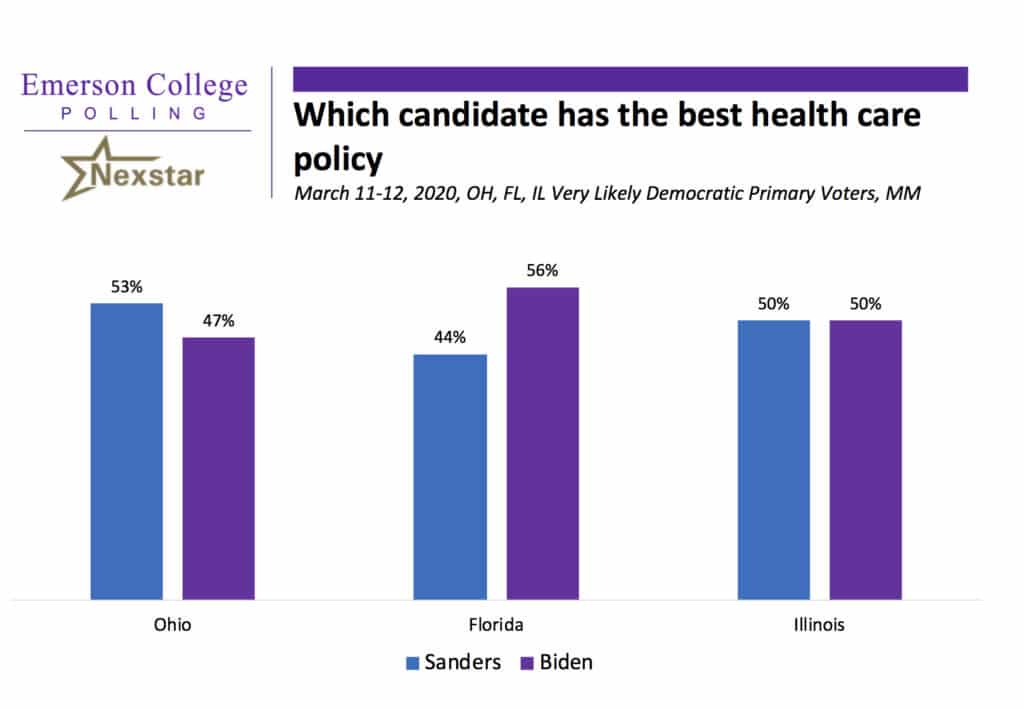
Caller ID
The Florida Emerson College/Nexstar poll was conducted March 11-12, 2020. The sample for the Democratic Primary consisted of registered Democratic, Republican, and Independent very likely voters, n=434, with a Credibility Interval (CI) similar to a poll’s margin of error (MOE) of +/- 4.7 percentage points. The data sets were weighted by gender, age, ethnicity, education, and region. It is important to remember that subsets based on gender, age, party breakdown, ethnicity, and region carry with them higher margins of error, as the sample size is reduced. Data was collected using an Interactive Voice Response (IVR) system of landlines (n=234) and an online panel provided by MTurk (n=200).



